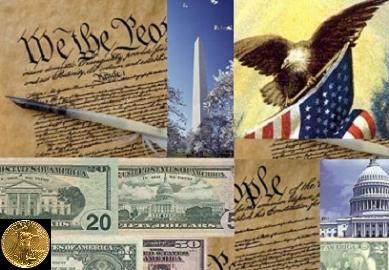Congress is frantically looking for an election year scapegoat for high oil and gas prices. Saudi Arabia is breathing a sigh of relief as Congress' focus on speculators diverts attention from the treasure that is flowing into OPEC coffers.
Obama, and many Democrats, has been thundering from the campaign podium that we must close the "Enron loophole", that allowed some types of energy futures trades to fly beneath the regulatory radar. Even John McCain has been drawn into the prospect that it must be speculators that are driving up the price of oil. Whoops, it turns out that the Enron loophole was closed in a provision inserted into last year's farm bill. The surge in oil prices occurred after that.
Some Democrats "on the case" announced that their own committee investigations show that 50% of the current price of oil is due to spectators. Enough of these aspiring "Colombo's". Time to bring in the expert government regulators that oversee futures trading.
Enter Walter Lukken, acting chairman of the Commodity Futures Trading Commission. Mr. Lukken, testified before Congress that there is "no smoking gun" indicating speculators are behind the rapid rise. The conclusion of his commission's investigations is that rising global demand and inelastic supply are to blame. Interviewed on CNBC's Kudlow & Company tonight Mr. Lukken stated that there are as many short positions as long positions with traders that can be classified as speculators.
Many of the so called "speculators" are pension funds that are actually investing in broad-based commodity indexes. They are not trading in the futures market at all. I personally have been both long and short the USO, an ETF that tracks the price of oil. And I don't have a futures trading account.
Tuesday, June 24, 2008
Subscribe to:
Post Comments (Atom)


1 comment:
The Enron Loophole hasn't been closed completely. The Washingto Times said today, "Congress sought to close the "dark markets" created by the Enron loophole in a provision of the farm bill that was enacted over President Bush's veto this month. Rather than remove the exemption entirely, Mr. Greenberger said, the new law creates a lengthy bureaucratic process involving case-by-case review of energy contracts, which he said is unlikely to result in re-establishing regulatory control over most electronic trading."
Further, there is a grassroots viral-marketing campaign advocating Congress to fully close it.
Post a Comment